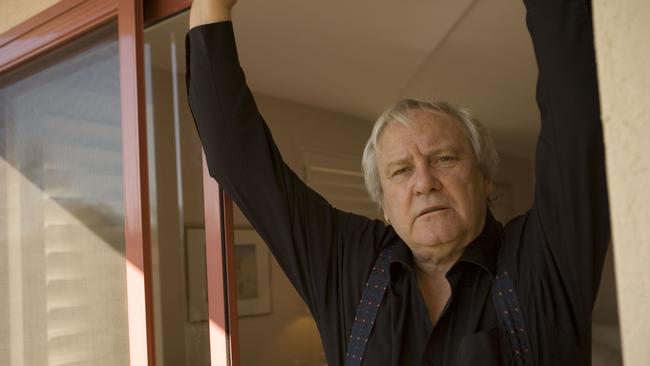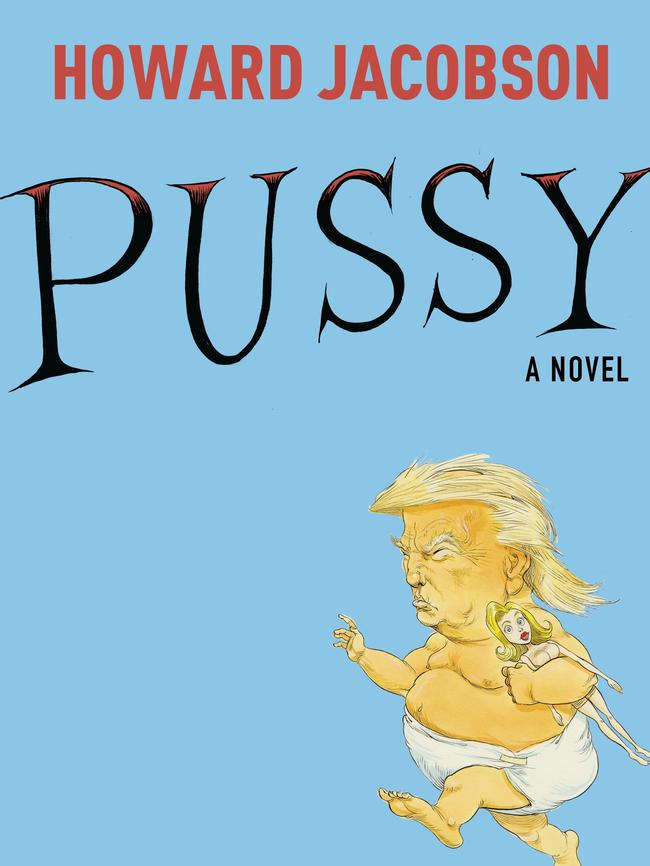Frank Moorhouse tackles the economics of writing, in Meanjin
Can writing still be a way of life? Novelist Frank Moorhouse has addressed the issue.

Frank Moorhouse has a thought-provoking essay in the just-published Autumn issue of Meanjin. Given its title (and its quality) I hope he was paid well, and promptly. “Is Writing Still a Way of Life?” the cover line reads. “Frank Moorhouse wonders if it ever was.” Inside is a long, engaging, sometimes personal piece by Moorhouse, 78, which starts with his youthful desire to be a writer. There’s a nice moment where he recalls being about 19 and buying a corduroy smoking jacket, which he saw as a “writers jacket”. A few years later, with no book yet to his name, he burned it. He remembers, decades later, the positive New York Times review of his 1988 novel Forty-Seventeen. A “benchmark in my writing life”. The reviewer was Angela Carter. He discusses what he sees as a gap, often a perverse one, in the thinking of writers. “It is … characteristic of many literary writers to be ignorant of the economics of our vocation.” He moves from there to the contentious topic of the public funding of writers. He likes the Swedish scheme where senior authors receive tenure. Short of this, he suggests “national contracts” of 10 to 15 years for established authors. “It would define literary authorship as a vocational art in the national culture, a role comparable with that of tenured academics, judges and senior public servants.” Somehow I doubt there’s a vote-winner there.
Thinking of his own approach to making a living, Moorhouse admits there are times when ”looking at my bank account … and knowing that, after 50 years of writing, I am going broke again … I do question my rules of living as a writer”. But he also thinks of the successful books, the awards, the films based on his work and “I feel privileged. I have been able to live the writing life.”

Last week I mentioned looming new novels from Booker Prize winners Peter Carey, Hilary Mantel and Eleanor Catton. That trio is not alone. British writer Howard Jacobson, who won the 2010 Booker for The Finkler Question, has a satirical novella due next month. It’s called Pussy. The main character is Prince Fracassus, who enters politics to make the Republic of Urbs-Ludus “great again”. He “has no manners, no curiosity and few words”. His parents consider him a “boastful dunce of would-be depravity”. They’d like to think he is not theirs at all, but for the telltale “custard coloured hair”. Well, I for one was wondering who on earth this book was about! Then I saw the cover, which is a cartoon of the US President. He’s wearing a nappy. He’s sort of toddler-running. He’s clutching what looks like a Barbie doll.
I’ll read Pussy with interest, but I’m more excited by this week’s announcement that Richard Flanagan will in October publish his first novel since he won the 2014 Booker for A Narrow Road to the Deep North. That moving book looked at the past, the Thai-Burma Railway during World War II. The new one, First Person, considers the possible future. It centres on reality TV producer Kif Kehlmann, who, when a young, broke writer, agreed to ghost-write the memoir of conman Ziggy Heidl. The book will consider the very nature of writing. Is Kif rewriting Ziggy’s life or is it the other way around? There’s a Trump tone too, with publisher Penguin Random House suggesting, “If you want to know where alternative facts, fake identities and charismatic charlatans might lead us all, this is the book to read.”
Quote of the week: The St Lucian poet Derek Walcott, the 1992 Nobel laureate, died last weekend, aged 87. There is so much to choose from with him, such as his apt take on the future: It happens “no matter how much we scream”. But let’s go with a line from his Nobel lecture. It’s well-known but so beautiful: “Break a vase, and the love that reassembles the fragments is stronger than that love which took its symmetry for granted when it was whole.”



